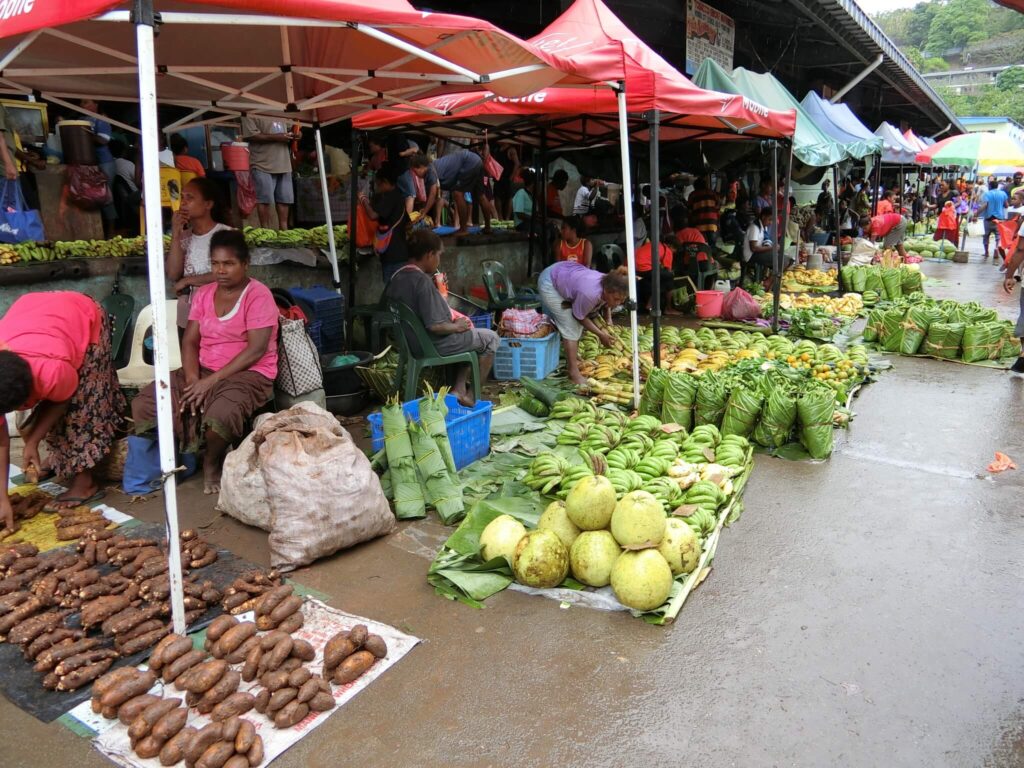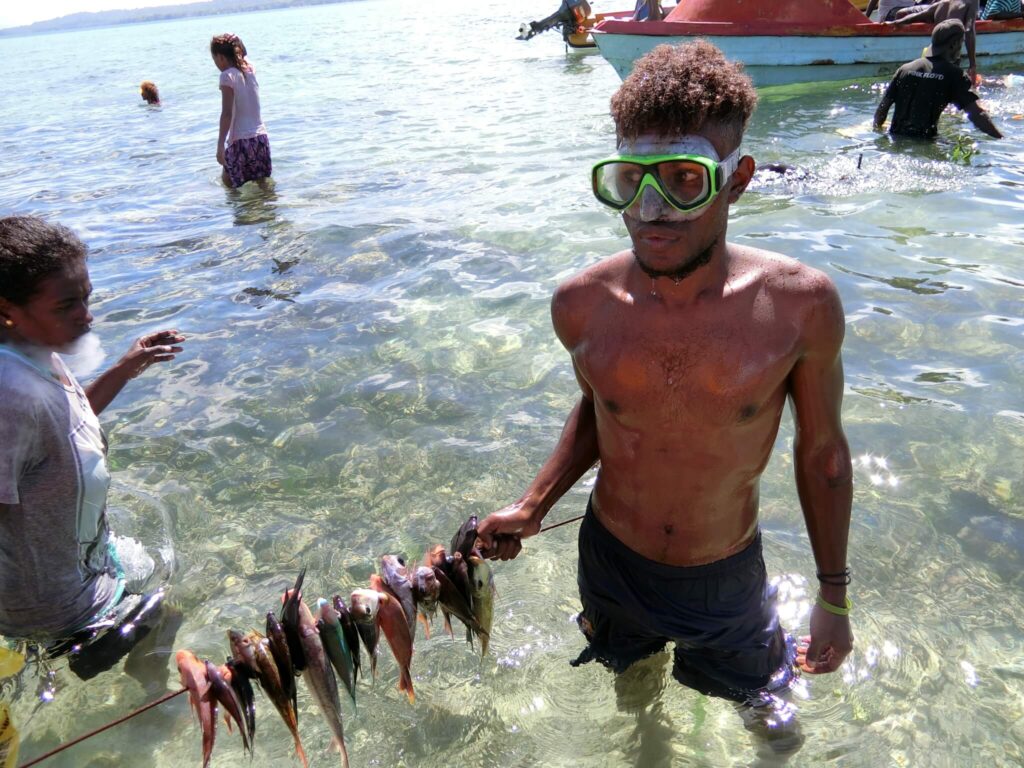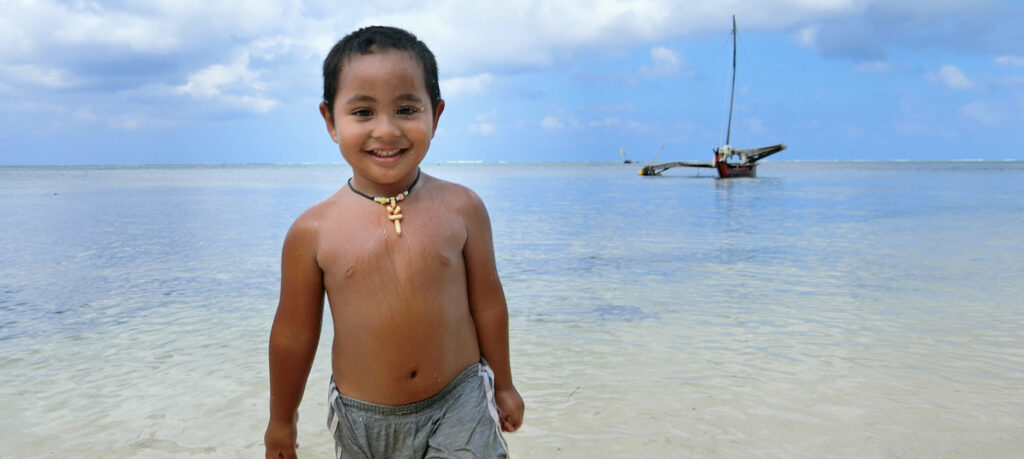PACIFIC ISLANDS
The Pacific Ocean covers one-third of the surface of the earth.
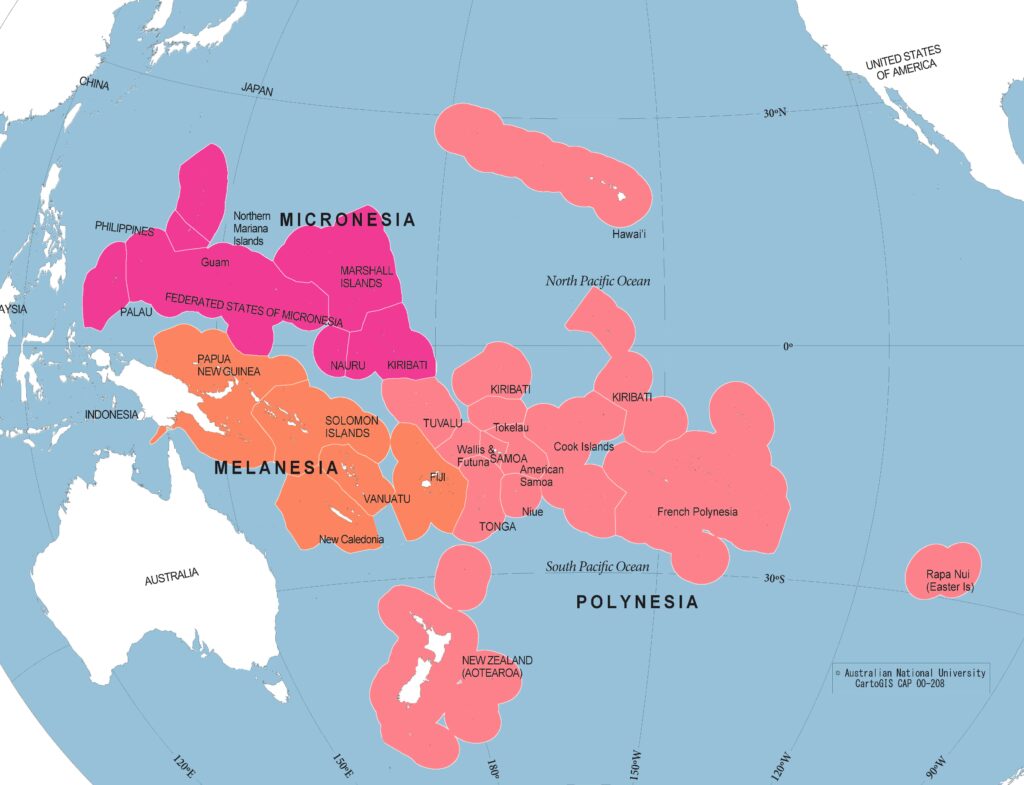
The first group of people to inhabit this region migrated to Australia and some parts of Melanesia from the Southeast Asia around 50,000 years ago and the second group, the Austronesian speaking people, who originated in the Taiwan-south China region around 4,500 years ago, began to spread in the whole region from 3,300 years ago. The Pacific Islanders settled in this vast region flourished diverse cultures over the millenniums.
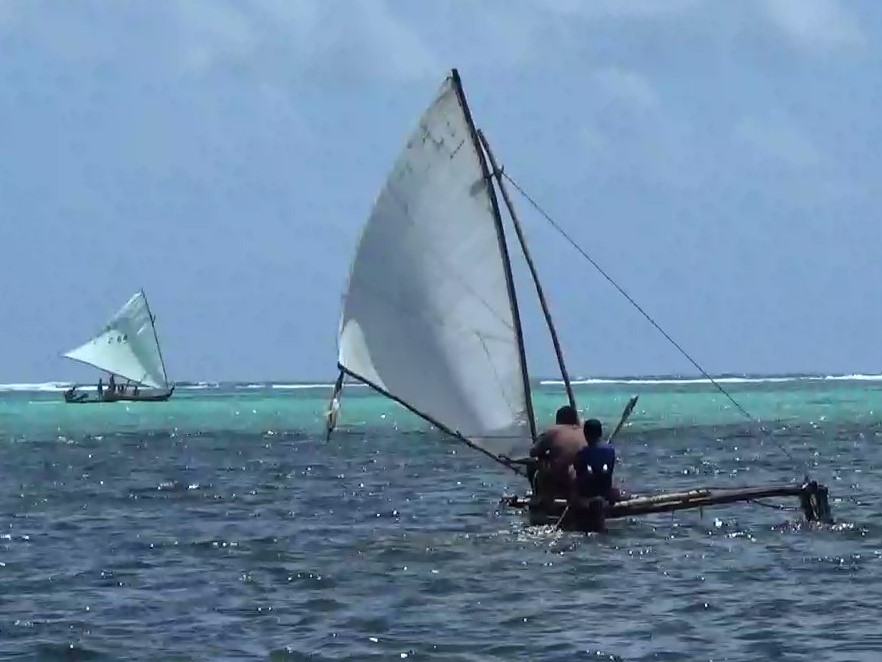
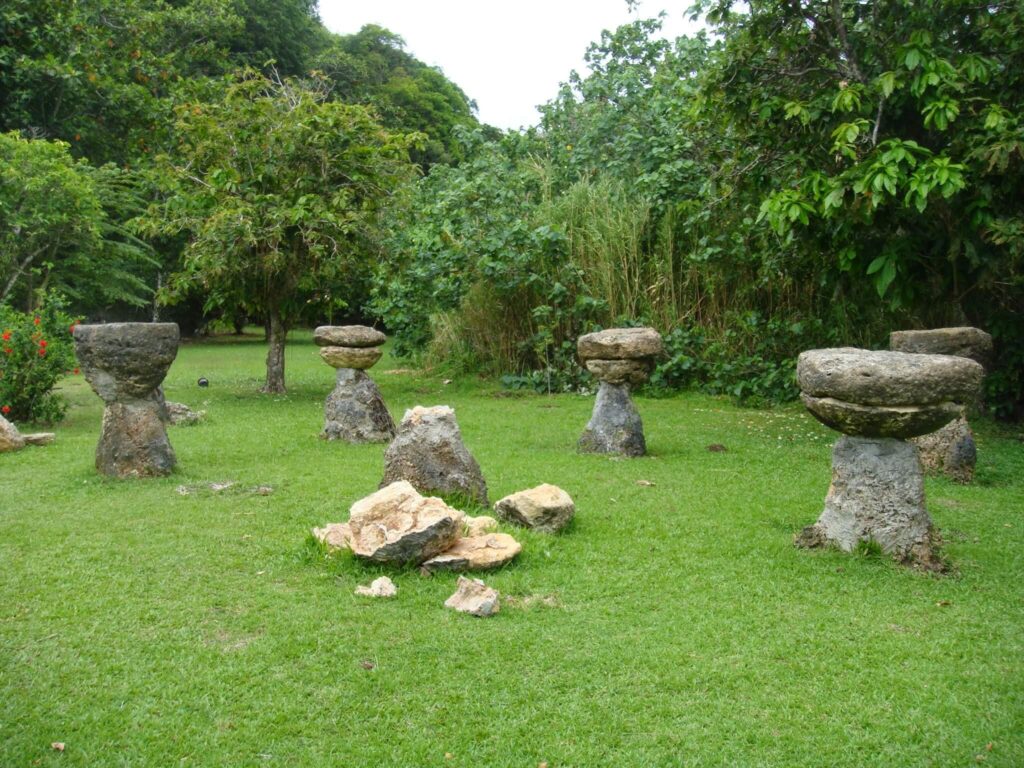
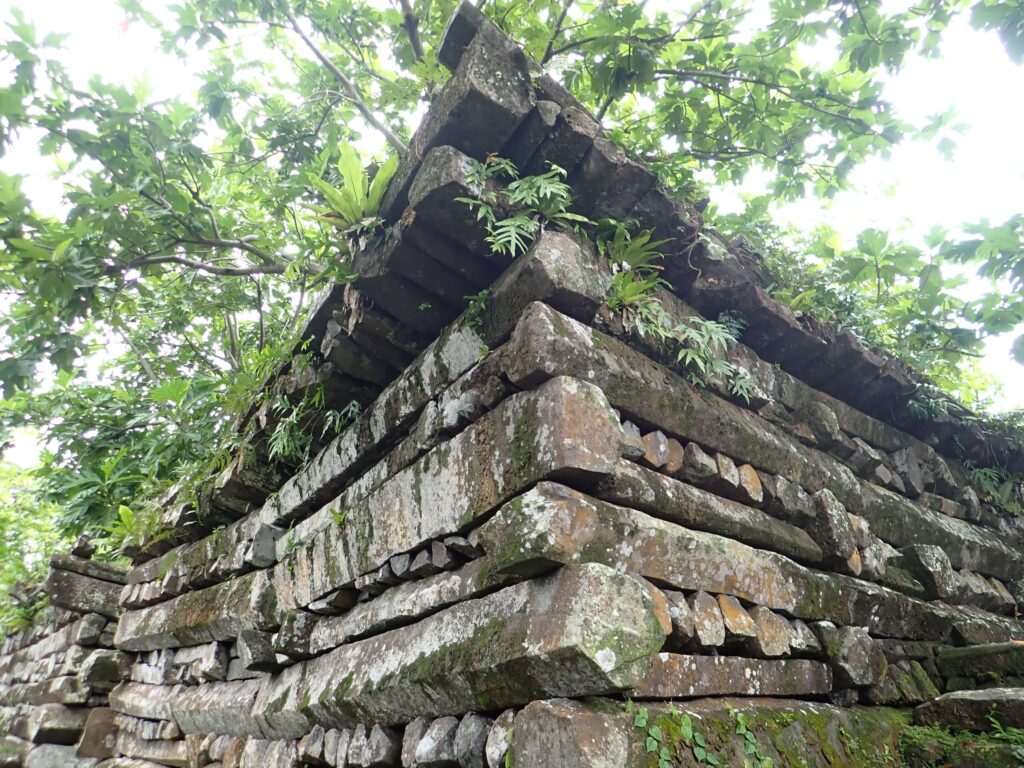
However, since their encounter with the Euro-American worlds, they have been considerably influenced by the outside world. Although their cultures are still very important for their social life, they face a similar challenge/crisis against cultural continuation in rapidly modernizing societies.
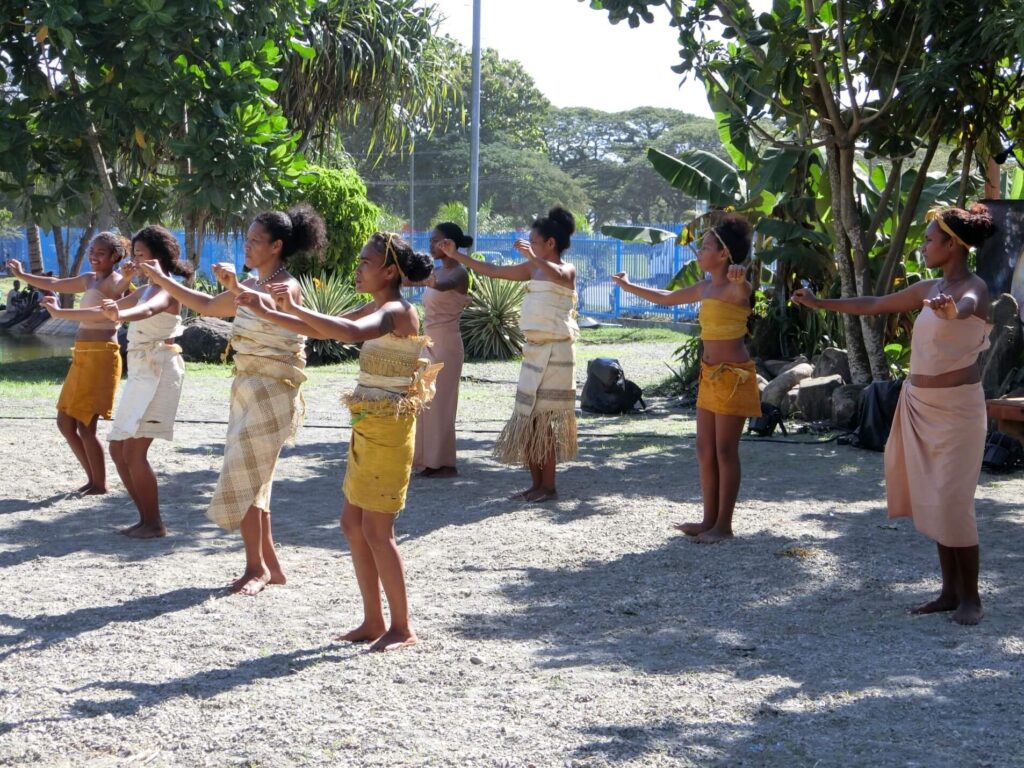
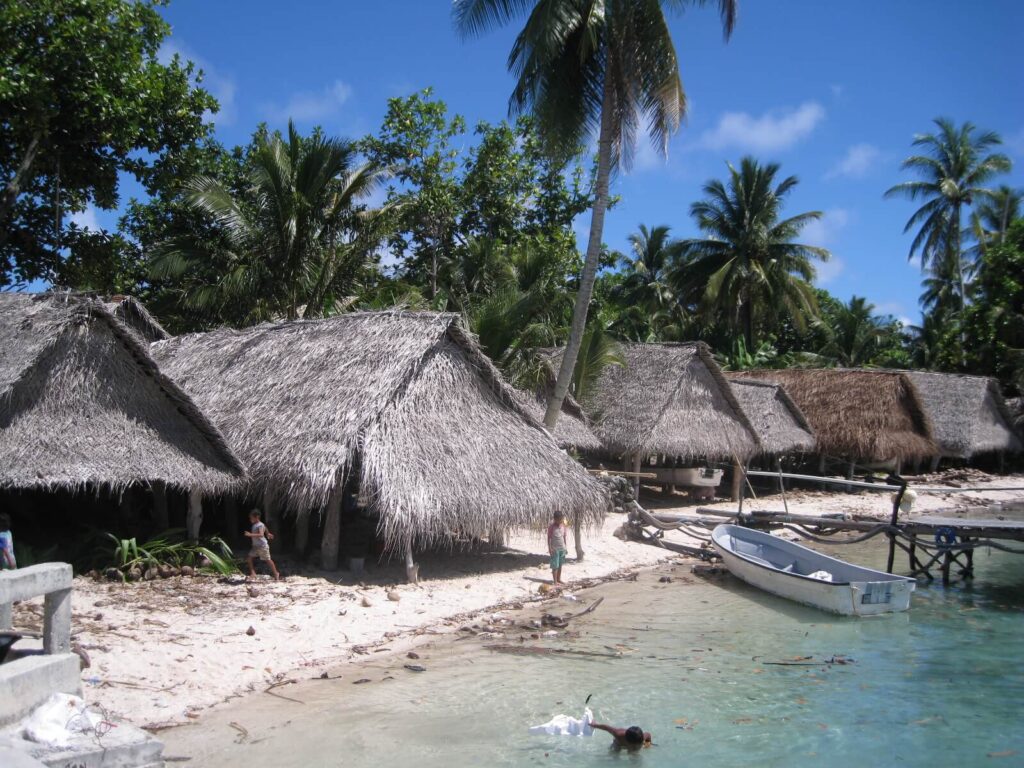
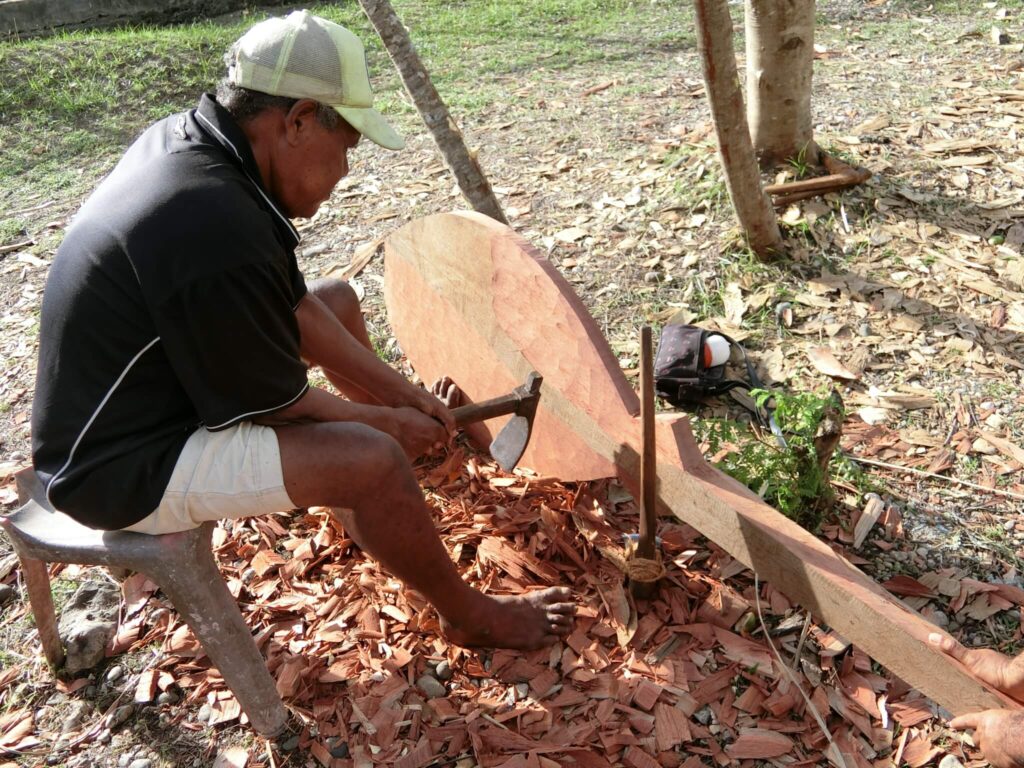
DECLINE OF ISLAND TRADITIONS
Cultural Changes
Rapid modernization in the post-war period has caused significant changes in lifestyle and the decline of traditional cultures that had been inherited as peoples’ wisdom for thousands of years in the Pacific Island nations. In addition, governments and other organizations’ efforts to preserve traditional knowledge and skills are generally not sufficient and the cultural heritage has been lost without proper documentation.
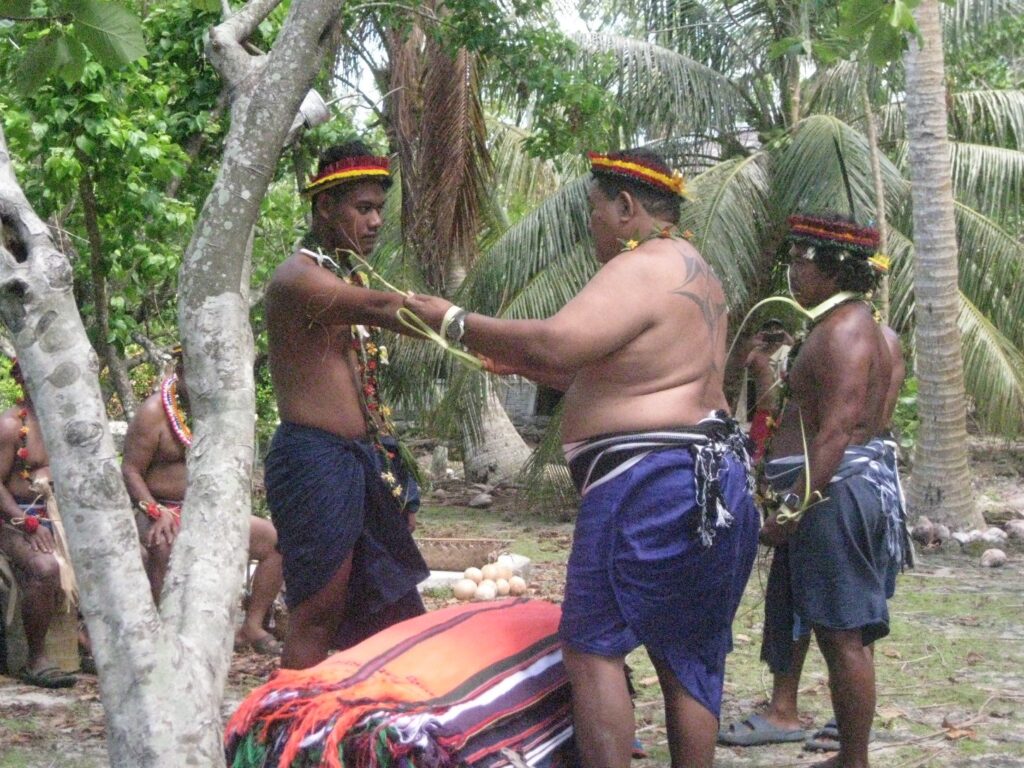
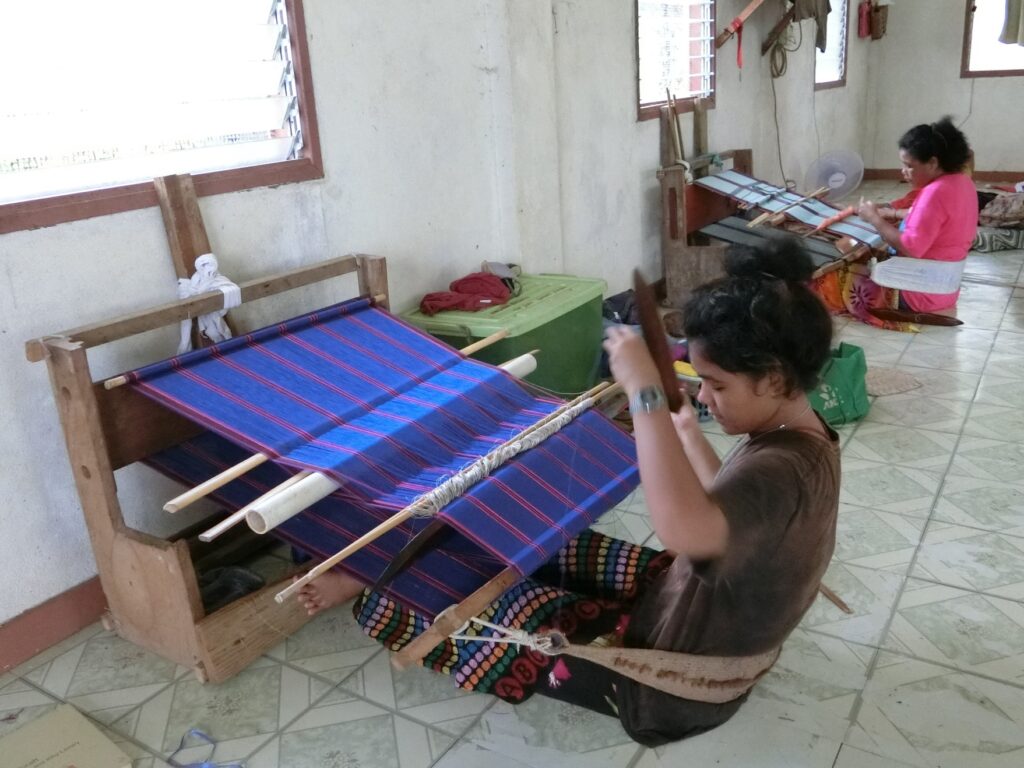
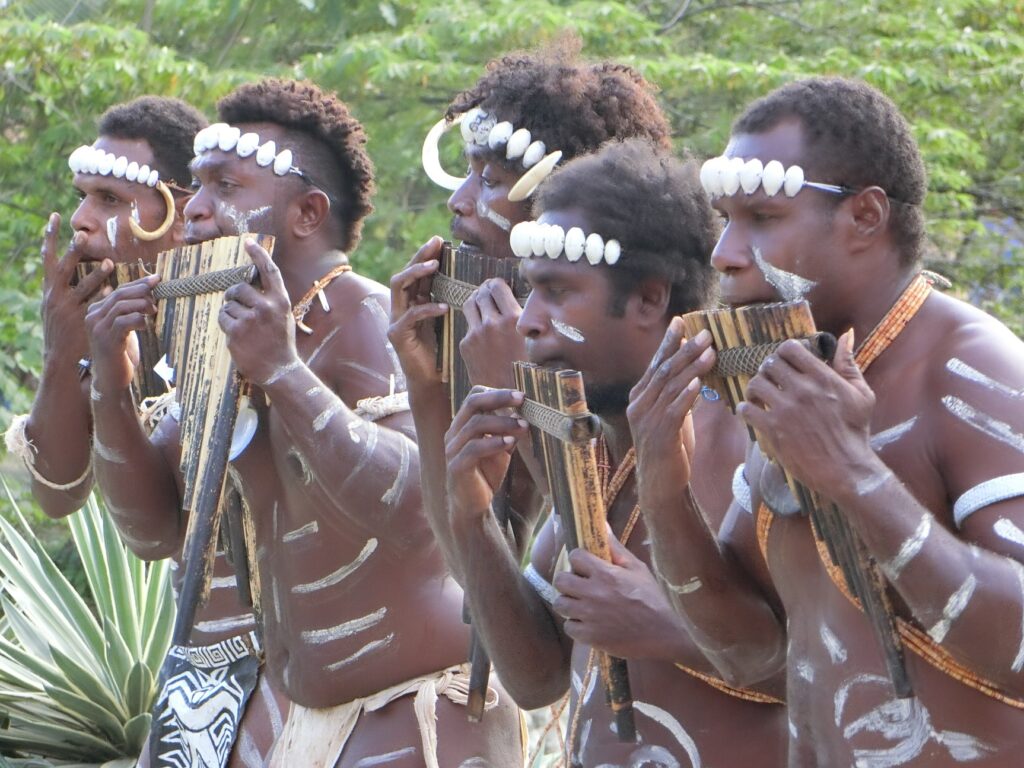
Education
Due to such circumstances, the young generation lost their interest in traditional culture. As a result, a customary way of transmitting traditional knowledge and skills in families and communities has stopped functioning. Thus, cultural education at schools needs to take a more serious role, although history and culture are not often taught at local schools. In addition, accessible information about their cultures and histories by the local people is largely limited.
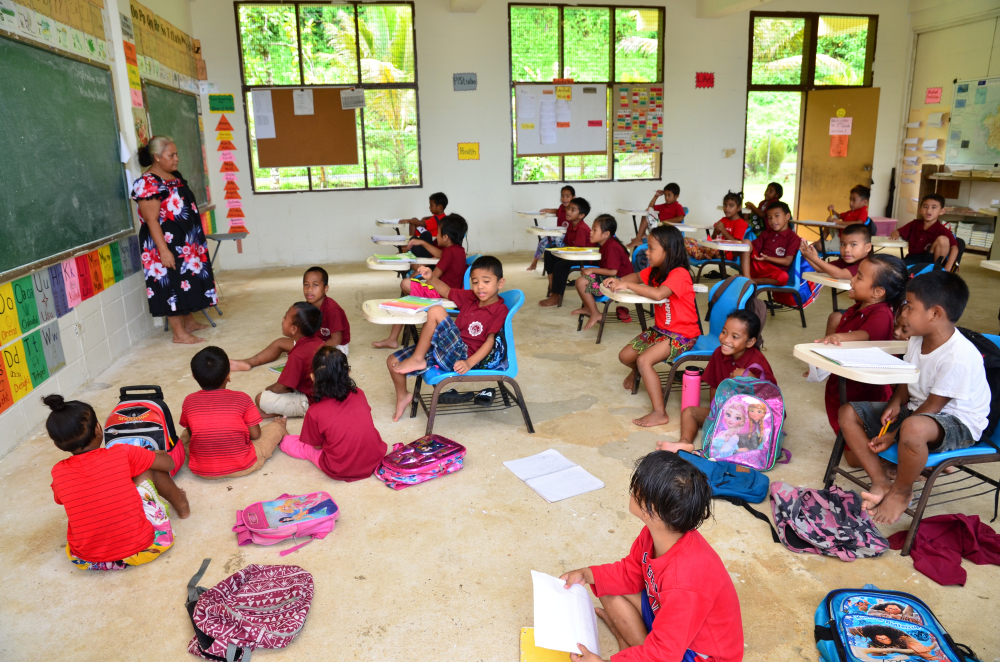
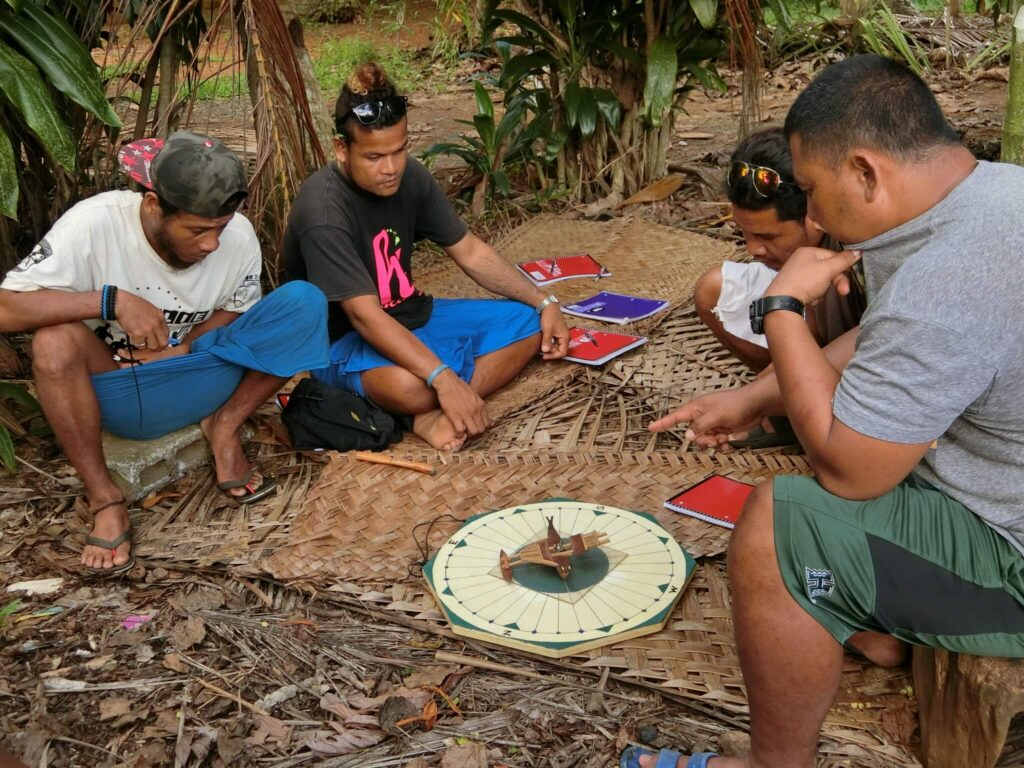
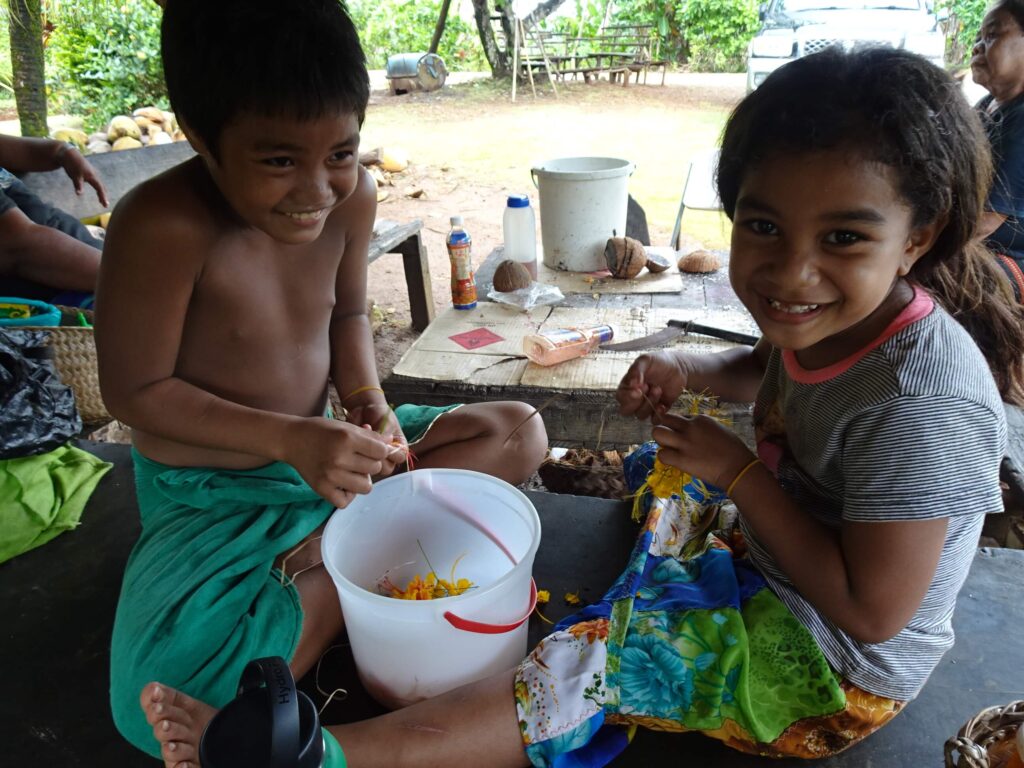
Migration and Climate Change
Due to the recent globalization trend, lack of jobs and educational opportunities on their home islands, more and more young people have been migrating to larger towns and cities in their countries and overseas. In addition, climate change and sea-level rise have been threatening Pacific island nations. Affected islanders of low-lying islands have been forced to leave their homes. Thus, many Pacific Island countries have high emigration rates: Marshall Islands (27%), Palau (31%), Tuvalu (31%), FSM (34%), Samoa (46%), Tonga (approx. 50%), Cook Islands (63%) and Niue (81%). This out-migration trend makes the succession of traditional culture very difficult on the islands. In contrast, those islanders who grow up in foreign countries without acquiring their languages and cultural knowledge also can face an identity crisis.
